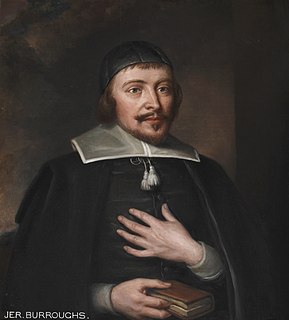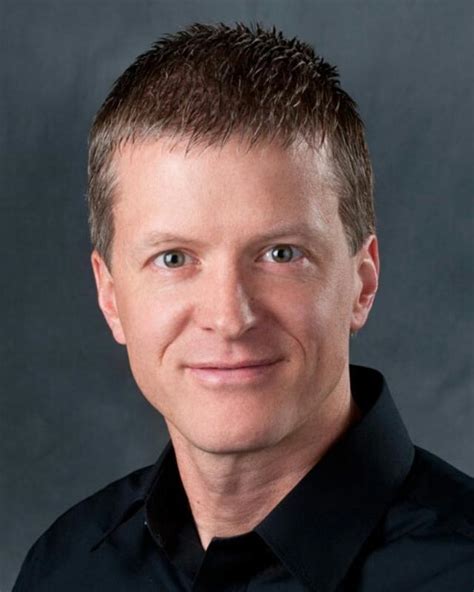A Quote by Philip Sidney
The highest point outward things can bring unto, is the contentment of the mind; with which no estate can be poor, without which all estates will be miserable.
Related Quotes
In all warm-blooded creatures, which are the highest evolved and have feelings, passions and emotions, which reach outward into the world with desire, which may be said to really live in the fuller meaning of the term and not merely vegetate - in all such creatures, the currents of the desire body flow outward from the liver.
For the rich men without scruple drew the estate into their own hands, excluding the rightful heirs from their succession; and all the wealth being centred upon the few, the generality were poor and miserable. Honourable pursuits, for which there was no longer leisure, were neglected; the state was filled with sordid business, and with hatred and envy of the rich.
Many there are who, not comprehending, not being affected with, that divine, spiritual description of the person of Christ which is given us by the Holy Ghost in the Scripture, do feign unto themselves false representations of him by images and pictures, so as to excite carnal and corrupt affections in their minds. By the help of their outward senses, they reflect on their imaginations the shape of a human body, cast into postures and circumstances dolorous or triumphant; and so, by the working of their fancy, raise a commotion of mind in themselves, which they suppose to be love unto Christ.
At the center of our being is a point of nothingness which is untouched by illusion, a point of pure truth, a point or spark which belongs entirely to God, which is never at our disposal, from which God disposes of our life, which is inaccessable to the fantasies of our own mind or the brutalities of our own will. This little point of nothingness and of absolute poverty is the pure glory of God in us.
It isn't a hunch but the subconscious mind, which is the creative mind, at work. That is the mind which makes artists do things without their knowing how they came to do them. Perhaps with me it was the cumulative effect of a lot of little things individually insignificant but collectively powerful.
There is (gentle reader) nothing (the works of God only set apart) which so much beautifies and adorns the soul and mind of man as does knowledge of the good arts and sciences . Many arts there are which beautify the mind of man; but of all none do more garnish and beautify it than those arts which are called mathematical , unto the knowledge of which no man can attain, without perfect knowledge and instruction of the principles, grounds, and Elements of Geometry.
An Italian philosopher said that "time was his estate"; an estate indeed which will produce nothing without cultivation, but will always abundantly repay the labors of industry, and generally satisfy the most extensive desires, if no part of it be suffered to lie in waste by negligence, to be overrun with noxious plants, or laid out for show rather than for use.






































